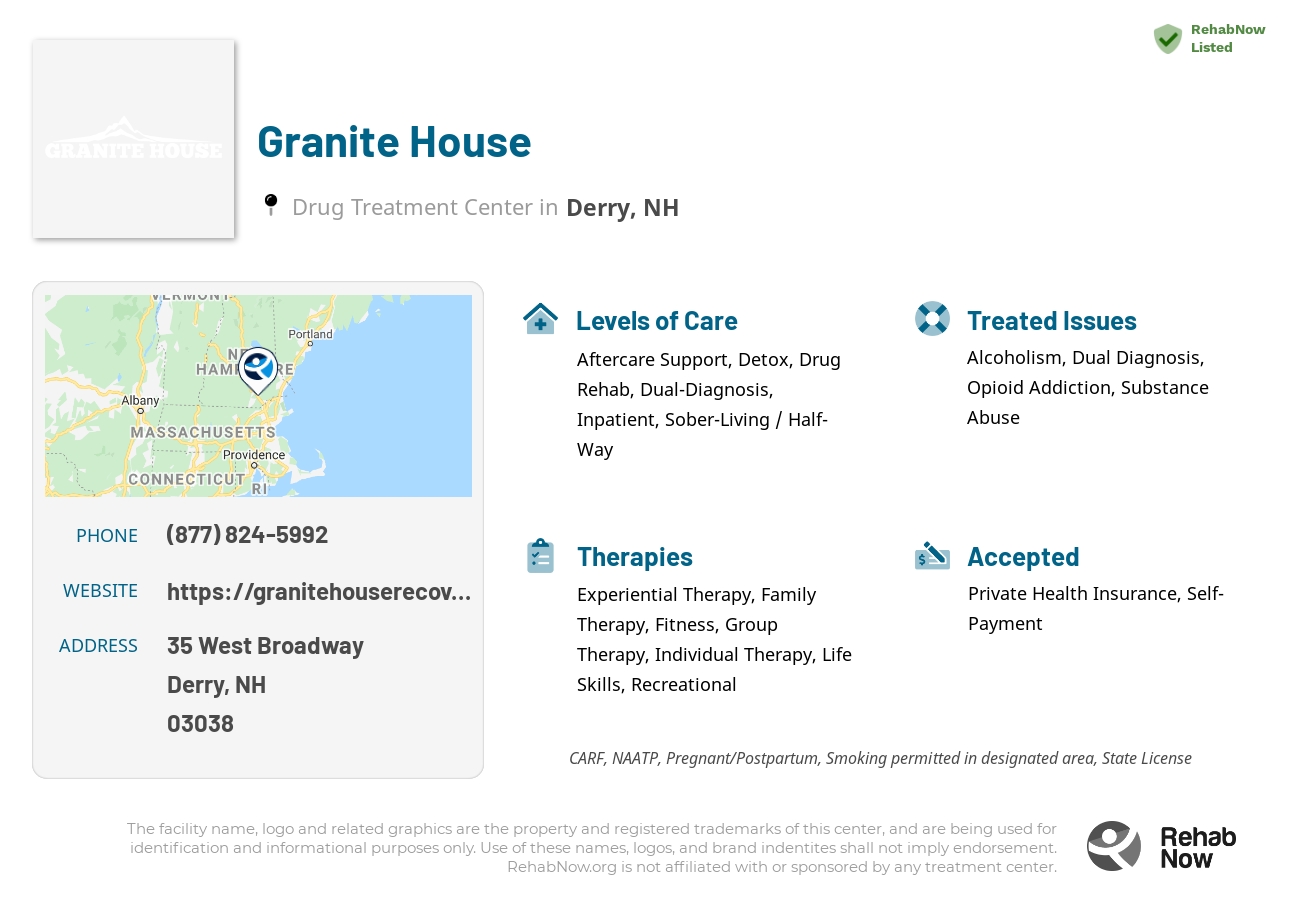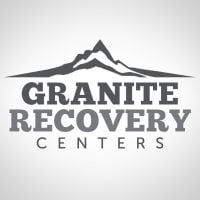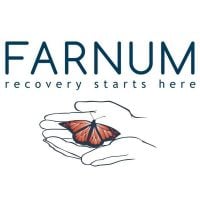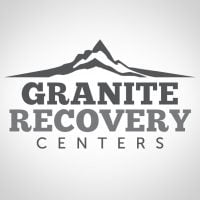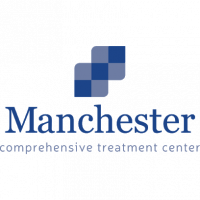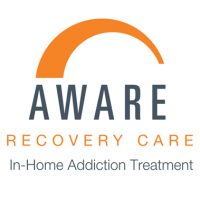Granite House
Drug Rehab Center in Derry, New Hampshire
Granite House is an accredited drug rehabilitation center located in Derry, New Hampshire providing comprehensive treatments for alcohol and substance abuse, opioid addiction, dual diagnosis and more; including detoxification, intervention services, inpatient, residential and outpatient care as well as aftercare support and sober-living/halfway house facilities.
About Granite House in New Hampshire
Granite House is an accredited Alcoholism, Opioid Addiction, Substance Abuse, Dual Diagnosis, and Drug Addiction Treatment Facility located in Derry, New Hampshire. They are recognized for their commitment to providing high-quality care and have received accreditation from CARF (Commission on Accreditation of Rehabilitation Facilities). Granite House offers a range of treatment options to help individuals suffering from alcoholism, opioid addiction, substance abuse, dual diagnosis, and drug addiction. Some of the services they provide include aftercare support, detoxification, drug rehabilitation, dual-diagnosis treatment, inpatient care, sober-living/half-way houses, outpatient programs, intervention services, and residential levels of care.
Granite House offers a comprehensive approach to addiction and substance abuse treatment. They provide aftercare support to ensure individuals have the necessary resources and guidance for sustained recovery. The facility offers detoxification services to help individuals safely withdraw from substances and begin their recovery journey. Granite House also offers various levels of care, including inpatient treatment, where individuals can receive intensive therapy and support in a structured environment. They provide dual-diagnosis treatment for individuals struggling with both addiction and mental health issues, addressing both aspects simultaneously. Additionally, Granite House offers sober-living/half-way houses and outpatient programs to support individuals in their transition back into everyday life while maintaining their sobriety.
Genders
Ages
Modality
Additional
Accreditations

CARF
The Commission on Accreditation of Rehabilitation Facilities (CARF) is a non-profit organization that specifically accredits rehab organizations. Founded in 1966, CARF's, mission is to help service providers like rehab facilities maintain high standards of care.
Conditions and Issues Treated
Many people need to recover from substance abuse to live a healthy life. In the end, if you can get through all the steps: detoxifying your body, rehabilitation after some time or when needed (depending on the type), and recovery while also receiving therapy support throughout the process, it can be worth it.
A detoxification center is a common place to start the recovery process from substance abuse. With your body and mind restored, you can continue to heal without the lingering effects of drugs.
Many people who struggle with opioid addiction need to attend specific programs like methadone , Suboxone or Vivitrol clinics.
These types of programs will provide the patient with legal, prescription medications that can help them overcome their cravings for illegal opioids like heroin or fentanyl . If the patient has a chronic condition like Hepatitis C, they must undergo treatment before they can begin taking these medications.
Dual Diagnosis is a specific relationship between two or more disorders that have the same symptoms and can sometimes be treated together. This is used in the treatment planning process when dealing with drug addicts. Dual diagnosis can be viewed as a chronic medical condition that has comorbid psychiatric disorders.
Although addiction and a mental illness may have separate symptoms that are not easy to detect, they often go hand in hand. Many times, drug abuse is a direct result of the mental illness. In other words, treating the addiction will not resolve all of your issues. Unless you also treat the underlying mental illness, you will not be successful in achieving sobriety.
Levels of Care Offered
This center offers a variety of custom treatment tailored to individual recovery. Currently available are Aftercare Support, Detox, Drug Rehab, Dual-Diagnosis, Inpatient, Intervention, Outpatient, Residential, Sober-Living / Half-Way, with additional therapies available as listed below.
Detox refers to the progressive elimination from the body of toxins. The detox period depends on the form of addiction, the length of drug abuse, and the state of health. Under the supervision of medical practitioners, MAT detox based in Derry, NH requires the use of medications.
Inpatient treatment is an intensive program that takes place when a patient checks into a rehabilitation facility. The treatment includes detoxification and counseling sessions, which are round the clock. Outpatient treatments are also available, but inpatient care is advised as the first step of rehabilitation.
Intensive rehab ensures the patient stays in a substance-free atmosphere, improving treatment success rates. The patient participates in group therapy for motivation from other patients who have overcome addiction. Family members are also involved in providing emotional support throughout the program.
An outpatient treatment program is set up to help with alcohol or drug addiction, or a co-occurring disorder. The patient must attend the New Hampshire facility for their therapy and other programs but are able to return home each night. The frequency of mandatory attendance decreases after much of Granite House‘s program is complete.
Sober Living Homes are an option for those who have completed a treatment program within the past several months. However, it isn’t advisable to use this as a permanent living arrangement because it can lead to a relapse .
The goal of a sober living home is to provide a supportive environment for recovering addicts so they don’t need to return to their previous lifestyles. The homes will not accept residents who are still using drugs or alcohol, and those living in the house must follow a set of rules dictating how they should behave to avoid relapsing.
Residential treatment programs are those that offer housing and meals in addition to substance abuse treatment. Rehab facilities that offer residential treatment allow patients to focus solely on recovery, in an environment totally separate from their lives. Some rehab centers specialize in short-term residential treatment (a few days to a week or two), while others solely provide treatment on a long-term basis (several weeks to months). Some offer both, and tailor treatment to the patient’s individual requirements.
Intervention services can be beneficial for people who have not been able to overcome drug and alcohol addiction on their own. It is recommended for individuals whose addiction has led to dangerous or life-threatening circumstances.
Intervention services are beneficial for:
- People who have relapsed after completing other forms of addiction treatment.
- People with drug addictions that have led to dangerous health conditions, such as HIV.
- People who are at risk of losing their family, home, or job due to addiction.
- People who are having difficulty overcoming drug and alcohol addiction on their own.
- An intervention can be conducted by professionals, or by loved ones of an addict. If the person being intervened on agrees to enter addiction treatment after the intervention, the next step would be to choose a treatment program.
If they do not agree to enter addiction treatment after the intervention, loved ones may choose to go back to the drawing board and try another form of treatment. They may also choose to not receive any further treatment, but there are usually other factors in play that may make it difficult for people to stop using drugs or alcohol.
Aftercare is a term that’s used to refer to any sort of continuing care offered for a drug addict who has voluntarily entered a rehabilitation program. This type of care can be provided in several settings, including outpatient therapy sessions after the addict has completed an inpatient program. There are also 12-step support groups, such as Alcoholics Anonymous, which can provide additional help for addicts trying to stay sober.
Therapies & Programs
Individual Therapy is a critical component of addiction recovery. Therapists work with patients to identify the root of their addiction and figure out how to better handle the issues that led to them using drugs. Individual Therapy is the one-on-one session where people meet with their therapist. Individual therapy provides a safe space for people to open up and discuss personal and sensitive topics which they may not feel comfortable discussing in a group setting.
Family therapy will also help families realize that the addiction is not their fault. For many years, people blamed themselves for an addict’s behavior and felt that they had done something wrong. This is not the case. Addiction is a disease, and it can strike anyone, even if their life seems fine from the outside. It can bring a lot of shame to a family when they have an addict in their midst, but if everyone is open and honest with each other, then they can help everyone stay in recovery.
Group Therapy is utilized by drug treatment centers like Granite House to provide the recovering drug addict with a platform to talk about their feelings and experiences. It also provides for an opportunity to learn from other addicts who have successfully overcome their addiction.
Group Therapy is employed in lectures, seminars, or discussion groups (the latter two are typically conducted as “therapy groups”). It is recommended that all group members be recovering addicts for this type of therapy to work (though it does not exclude others with lived experience).
Dialectical Behavior Therapy (DBT) is used by drug treatment centers across the United States to help drug addicts become sober. DBT combines traditional behavioral treatments with elements from DBT, including dialectics, distress tolerance, and interlocking issues. It is commonly used to treat Borderline Personality Disorder (BPD) along with substance abuse disorders. The four DBT modules are mindfulness, interpersonal effectiveness, emotion regulation, and distress tolerance.
Cognitive behavioral therapy is also a popular service for individuals living with addiction. This type of supportive treatment uses both one-on-one counseling and group sessions to teach addicts how to identify thoughts, behaviors and emotions that might increase their risk of relapse.
These professionals can help addicts develop coping skills for managing stress, improving self-esteem and overcoming triggers. They might also use behavioral therapy to help addicts learn how to avoid cravings and warning signs that could lead them back into addiction.
Therapy can be used as a step-down from inpatient treatment or as the primary method of overcoming an addiction. No matter which option is best for the addict, they will teach important emotional coping techniques, which can make it easier for addicts to get through the tough days.
Training in improved life skills helps those recovering from addiction feel more capable of self-care. Granite House are daily skills that give the person the tools they need to survive.
The therapy covers practical activities like cooking, job hunting, social interaction, and money management, helping to fill in the knowledge gaps caused by addiction.
These life skills help the person self-manage their recovery and stay on track. It also reduces relapse risk as they gain confidence in their day-to-day abilities.
12-Step Program is used by drug treatment centers to get addicts sober. The 12 steps typically begin with addicts admitting they need help. They will work through physical withdrawal symptoms, identify the problems that led to their addiction and learn how to resist cravings. It is often used as a part of an inpatient or outpatient treatment program and is frequently recommended by doctors.
Patient Experience
Experiential Therapy at Granite House
Experiential therapy is another form of treatment that helps addicts overcome their addiction. This type of service typically involves hands-on activities with the focus on physical experiences instead of emotions or beliefs.
Some examples include art therapy, equine therapy and music therapy. Each of these forms of experiential therapy can provide unique ways for addicts to channel their feelings and work through their demons. This type of therapy also allows addicts to develop meaningful emotional connections with others, which can prevent them from resorting to relapse as a coping mechanism.
Fitness Therapy
Fitness therapy is an alternative treatment for drug addiction. Fitness therapists work with addiction counselors to help drug addicts recover from their addictions by incorporating physical fitness into their treatment. Fitness therapy uses both group exercise and individual physical activity to help addicts stay fit while getting sober.
Exercise releases endorphins in the brain, which are “feel-good” chemicals that reduce pain and increase feelings of happiness. Fitness therapy aims to help addicts stay sober by associating exercise with those good feelings. By helping addicts become active, fitness therapy also helps them gain self-esteem and lose weight.
Payment Options Accepted
For specific insurance or payment methods please contact us.
Is your insurance accepted?
Ask an expert, call (888) 674-0062
Additional Details
Specifics, location, and helpful extra information.
Derry, New Hampshire 3038 Phone Number(877) 824-5992 Meta DetailsUpdated November 25, 2023
Staff Verified
Granite House Patient Reviews
There are no reviews yet. Be the first one to write one.
Derry, New Hampshire Addiction Information
Opioids such as fentanyl, heroin, and prescription opioids form the largest drug threat in New Hampshire. More than 80% of all New Hampshire treatment centers admissions were related to one or more of these three drugs. Opioids such as fentanyl, heroin, and prescription opioids form the largest drug threat in New Hampshire. Since 2002, rates of alcohol dependency have also been among the highest in the country. In 2015, almost 15% of the residents were admitted to treatment centers for alcohol abuse.
Treatment in Nearby Cities
- Antrim, NH (32.6 mi.)
- Springfield, NH (55.4 mi.)
- Effingham, NH (63.2 mi.)
- Keene, NH (48.2 mi.)
- Pelham, NH (10.0 mi.)
Centers near Granite House
The facility name, logo and brand are the property and registered trademarks of Granite House, and are being used for identification and informational purposes only. Use of these names, logos and brands shall not imply endorsement. RehabNow.org is not affiliated with or sponsored by Granite House.



